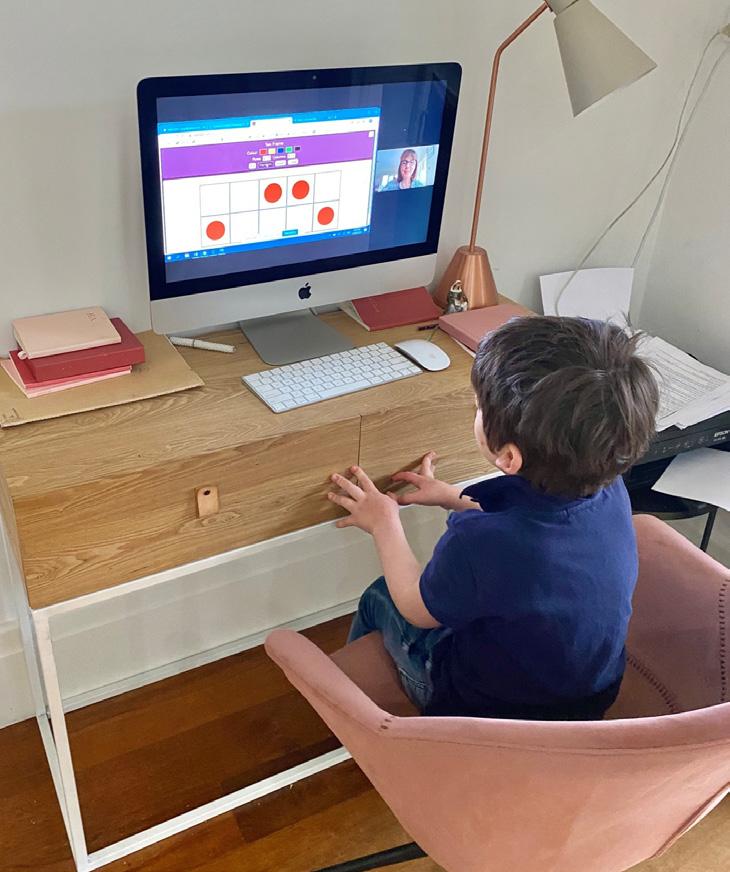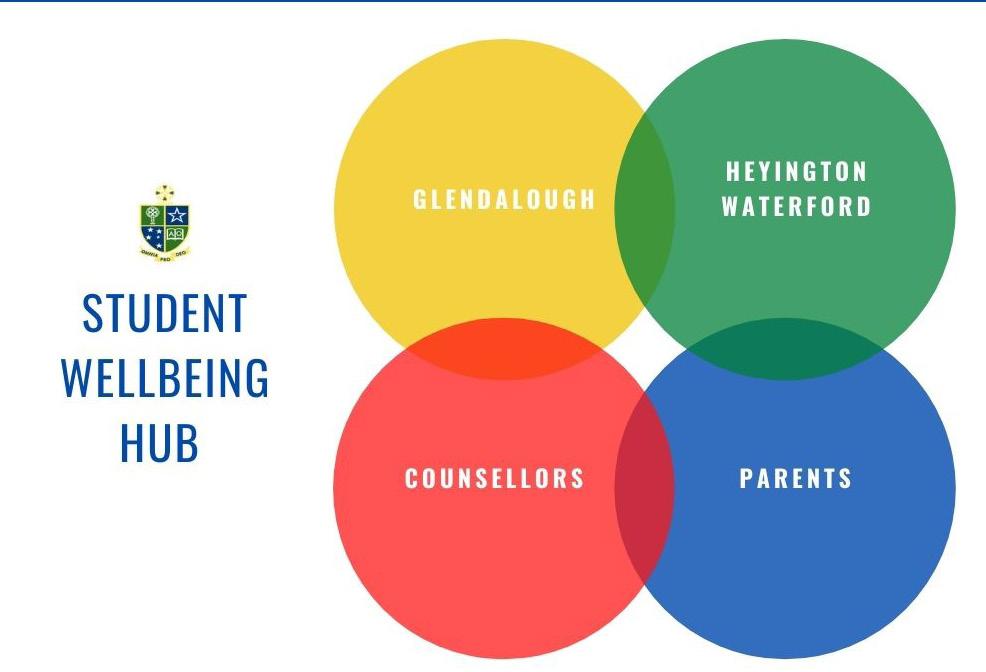
2 minute read
Life Onsite
Attempting to highlight "life onsite" as part of the usual rich curricular and cocurricular activities that are part of the St Kevin’s College community seems a contradiction, given that 70% of the year-to-date has been spent learning and connecting remotely. The images below of the Heyington Campus depict a desolate and lifeless campus, void of activities and social interaction. We seemed to have lost so much this year: the contact with each other, the face-to-face relationships between staff and students, the cocurricular activities and the calendar of events that celebrate the rich life of the College. However, our school community has been agile, resolute and resilient. We have been innovative, creative and inventive. We have experienced the great benefit of digital technologies both as a learning tool and a social tool. These are the skills required in the 21st century. Skills that will be required for a Kevinian to transfer across multiple disciplines and pathways into the future.
I had the privilege of facilitating a discussion recently with a number of our senior student leaders. I asked them how the social component and learning component of digital technologies interact? The students interviewed communicate and are capable of producing networks of learning online. Thus, a challenge for teachers and students is to make full use of digital technologies. The boys explained that combining group work with digital technologies can contribute to the development of interpersonal skills and learning content. One student highlighted: Being able to blend the two components of technology, especially this year, has been very helpful in staying motivated, productive and maintaining friendships.
Advertisement
The experience this year and the feedback from senior students is an opportunity to create whole school digital technology strategies, which will support all members of our community to transition to a richer teaching and learning environment enhanced by new and innovative technologies. The image below of our students engaging with their teachers online is typical of the way we have been agile and innovative to continue to learn with each other.
As the impact of COVID-19 were evaluated throughout the year, the College’s focus on staff and student wellbeing has been sharpened to support all as it continues to negotiate the effects of the continuing pandemic. The aim is
to assist members of our community to function well so that they can be resilient, positive, balanced, self-regulated, able to constructively face challenges and mentor others. To achieve this emphasis on student wellbeing and the education of the whole person, we will audit current practices, policies, procedures and structures and allocate resources to achieve these goals.
In conclusion, COVID-19 has dramatically altered the need for the College to be prepared for disruptive futures. We have a responsibility as a College community is to be agile enough to provide an innovative, collaborative and collegial environment. This includes a mutually relational model of teacher–student engagement that enhances student voice and positive engagement for all. This type of teacher support refers to the way teachers and students interact with each other in an atmosphere of mutual respect. Indeed, the priorities that were desired months ago have transformed from visions to possible futures in 2021.







